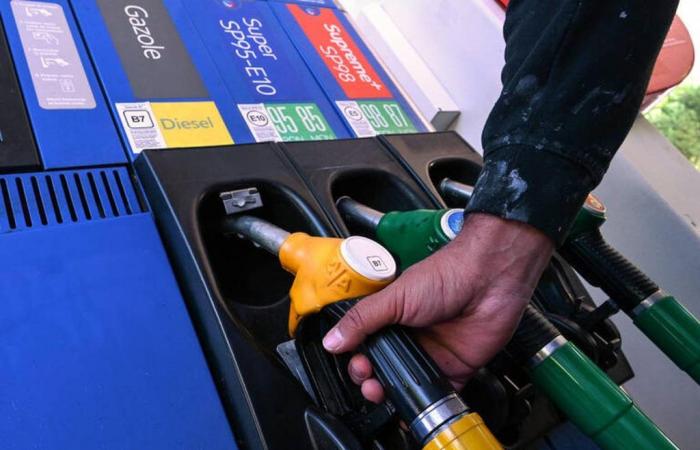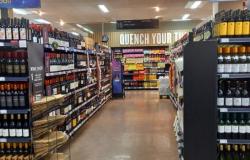Far from the peaks of the year 2022
The downward trend since April “follows the evolution of the barrel of oil”, underlined Francis Pousse, president of the professional union Mobilians (independent service stations), interviewed by AFP. In mid-April, the barrel of crude oil reached a peak of $92, the highest level since October, amid fears of a possible spread of the conflict between Israel and Hamas to neighboring countries.
Since then, the barrel of crude has returned to “usual levels, between 80 and 90 dollars” in recent weeks, despite recent decisions by the OPEC cartel to maintain production cuts in force to support prices. Generally speaking, current average fuel prices are a long way from the peaks of 2022 when, following the start of the Russian invasion in Ukraine, they exceeded the symbolic bar of 2 euros, pushing the State to set up a pump discount.
But although prices have since fallen significantly, they have not yet returned to their level before the energy crisis, because “distribution costs have increased against a backdrop of inflation” since 2021, explains Olivier Gantois, president of the energy crisis. ‘Ufip Énergies et Mobilités, the oil industry union.
No worries about the holidays a priori
Hence a place of choice – which they share with gas and electricity – in the debates of the battle for the legislative elections of June 30 and July 7 while the surge in energy prices since the post- Covid and even more so since the war in Ukraine has largely fueled inflation and weighed on the budgets of households and businesses.
Proposals have also flourished, with that of the National Rally to reduce VAT on fuel to 5.5% while the New Popular Front (united left) is pleading for a price freeze by decree. Solutions on which Francis Pousse of the Mobilians union appears perplexed, whether on the feasibility of blocking prices, or on the cost for the State of a reduction in VAT, in these times of budgetary scarcity. Bercy has estimated the cost of this latest measure at around 10 billion euros.
Concerning the evolution of prices between now and the big vacation departures, Francis Pousse of the Mobilians union refuses to make forecasts, saying however that he is “rather confident at least in stability” of prices. Olivier Gantois, for Ufip, does not believe in “a sudden increase phenomenon, at the start of the summer period”. Even if occasional spikes in crude oil around $90 per barrel are still possible, according to him “we could continue to observe a period of relatively stable prices”.






